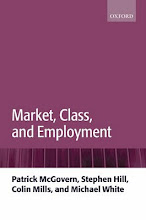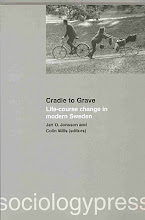The Glass Bead Game is one of the books I bought at the end of my first year at university. The long hot Summer stretched ahead, I read the first few pages, couldn't get into it and picked up The Tin Drum instead. And ever since, Hesse's magnum opus has followed me around, cover fading, pages turning slightly brown waiting to be rediscovered. This September I packed it along with a small selection of other long novels that have for years sat on my bookshelves and brought them to Germany.
My plan was a simple one. First, only bring very long novels. Second, bring novels that I wouldn't normally have time to read or have in the past failed to get through. Third, by failing to bring any short, tempting, lightweight fiction force myself to read my neglected classics. By and large this has worked. If I want to read any fiction at all the only options I have to hand are Mann, Dostoyevsky, Thackeray, Grossman etc or take to reading German Krimis. Much as I like detective fiction, the conscious effort required to read it in another language would take away a lot of the pleasure, so I'm forced back to my classics.
So far my strategy is working. I found I actually enjoyed The Glass Bead Game. It's true that not much happens in it but the story of Knecht's struggle to reconcile the life of the mind with the impulse to act in the world meant something to me at nearly 50 which it couldn't possibly have done to me at 18. Maybe books should come with recommendations as to the right phase in life to read them in. I remember reading On the Road in my late 20s and thinking that I was already too old to be wasting my time with that sort of stuff. Even worse was a brief moment of enthusiasm for John Buchan in my early 30s!
After finishing Hesse I then picked up Robert Penn Warren's All the King's Men. Serendipity, for this is also a tale about idealistic compromise leading to tragedy. The book isn't flawless, but it is very very good. The blurb on the back claims that it is the greatest American political novel. It may well be that, but it is also one of the best novels I've read in any category. Warren belongs up there in the American Pantheon with Fitzgerald, Faulkner, Steinbeck and Hemingway. The strange thing is that until a couple of years ago I had never heard of him. And one calls oneself educated...










No comments:
Post a Comment